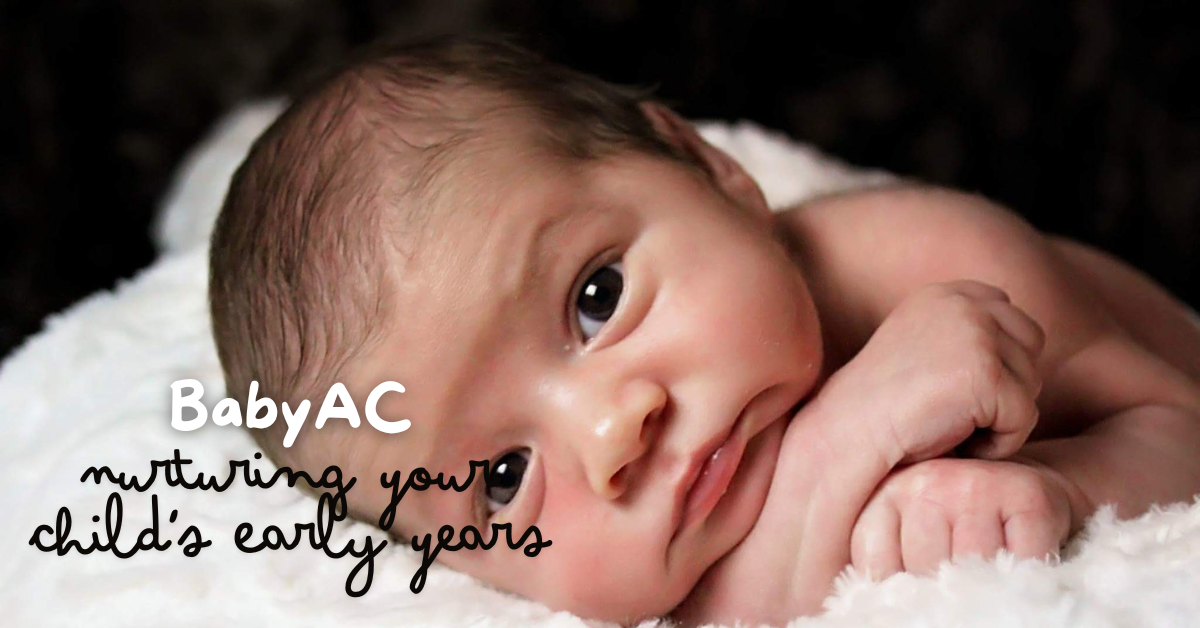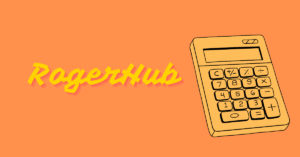
Introduction to BabyAC
Welcome to the comprehensive world of BabyAC, a revolutionary concept tailored to optimize the early developmental stages of children. This approach is particularly designed for parents, caregivers, and educators seeking to enrich the foundational years of children’s lives, ensuring they achieve the best start possible. BabyAC stands for Baby Accelerated Care, which fundamentally aims to integrate advanced developmental research into practical, everyday activities that foster physical, cognitive, and emotional growth. Understanding and applying BabyAC methods can transform the way we nurture our children, making every moment an opportunity for growth and learning.
Foundations of BabyAC
The Concept of BabyAC
BabyAC is not just a method but a philosophy that integrates various aspects of early childhood development into a cohesive system. At its core, BabyAC aims to harness the natural potentials of children, facilitating accelerated yet balanced growth across their developmental domains. The concept is based on the understanding that each child possesses unique potential, and with the right support and stimulation, can achieve remarkable developmental milestones. BabyAC approaches child development holistically, focusing on nurturing physical health, cognitive abilities, and emotional intelligence simultaneously to create a well-rounded developmental experience.
Historical Background
The origins of BabyAC can be traced back to the collaborative efforts of pediatricians, neuroscientists, and child psychologists who noticed gaps in traditional child-rearing practices that failed to capitalize on the critical early years of neurological and physical development. Inspired by breakthrough studies in early childhood development, these experts formulated BabyAC as a structured yet flexible framework designed to maximize the developmental benefits during the critical window from birth to three years, a period now understood to be crucial for long-term outcomes in health, intelligence, and emotional well-being.
Components of BabyAC
Physical Development
In the realm of BabyAC, physical development encompasses more than just the basic motor skills; it includes a spectrum of activities that stimulate neuromuscular coordination, strength, and overall body awareness. Activities recommended under BabyAC include baby yoga, which introduces gentle stretches and movements that improve flexibility and motor skills, and infant massages, which have been shown to not only strengthen the bonds between child and caregiver but also to enhance the child’s physical and emotional health. These activities are designed to be enjoyable and engaging, encouraging regular practice that seamlessly integrates into the child’s daily routine.
Cognitive Development
Cognitive development within the BabyAC framework focuses on nurturing the child’s mental processing abilities, including attention, memory, and problem-solving skills. It emphasizes the use of age-appropriate educational toys and activities that promote curiosity and critical thinking. For instance, interactive storybooks and problem-solving games help in developing language skills and logical thinking. BabyAC advocates for an environment rich in stimuli but tailored to avoid overwhelming the child, instead aiming to spark an interest in learning and exploration that will continue throughout their educational journey.
Emotional and Social Skills
Emotional and social development is a cornerstone of the BabyAC methodology. This aspect of the program aims to equip children with the skills necessary to express and manage their emotions effectively, and to interact with their peers and adults in healthy, constructive ways. Through structured playdates and family interaction sessions, BabyAC encourages children to develop empathy, resilience, and communication skills. These activities are designed not only to teach children about emotions and social interactions but also to provide them with the confidence to apply these skills in diverse settings.
Implementing BabyAC
Daily Routines
Implementing BabyAC effectively requires thoughtful integration into daily routines that parents and caregivers can manage sustainably. It suggests specific windows during the day dedicated to different types of developmental activities, balanced with adequate rest and free play to keep the child engaged without causing burnout. Structuring the day around BabyAC’s principles involves creating a routine that includes time for physical activities, cognitive games, and emotional and social development, alongside necessary downtime, ensuring a holistic approach to child development.
Educational Tools and Toys
Choosing the right educational tools and toys is critical in implementing BabyAC successfully. The program recommends using multi-sensory toys that stimulate learning through touch, sound, and visual cues, such as tactile puzzles, sound-producing toys, and colorful building blocks. These tools are selected not only for their educational value but also for their ability to engage the child on multiple sensory levels, thereby enhancing their cognitive processing and retention capabilities.
Role of Parents and Caregivers
The effectiveness of BabyAC largely depends on the active involvement of parents and caregivers. Their role is instrumental in consistently applying the BabyAC principles through daily interactions and structured activities. This consistent involvement helps reinforce the child’s learning and development patterns, establishing a secure and supportive environment. Parents and caregivers are also encouraged to adapt the BabyAC methodologies to fit their individual child’s pace and interests, making each developmental experience unique and personally tailored.
Benefits of BabyAC
Engaging with BabyAC offers numerous benefits that extend beyond accelerated developmental milestones. Children nurtured under the BabyAC framework often demonstrate advanced language skills, enhanced motor coordination, and more sophisticated social interactions at an earlier age than their peers. The approach not only impacts immediate developmental stages but also lays a foundation for long-term educational success and emotional health, positioning BabyAC as a beneficial approach for holistic child development.
Challenges and Solutions
Common Challenges
Despite its benefits, implementing BabyAC can present challenges such as finding the right balance in activities, managing time effectively, and ensuring that the child remains engaged and motivated. Parents may struggle with overwhelming information or maintaining consistency in the application of BabyAC methods.
Effective Solutions
To address these challenges, it is crucial to plan and access various resources. Utilizing community programs, online forums, and expert consultations can provide support and guidance. Moreover, establishing a flexible yet consistent routine helps in integrating BabyAC practices more smoothly into daily life, ensuring that both child and caregiver enjoy and benefit from the process.
Real-life Success Stories
Numerous families have shared their positive experiences with BabyAC, reporting significant enhancements in their children’s development. From early achievements in milestones like walking and talking to noticeable improvements in social interaction and problem-solving abilities, the testimonials underscore the effectiveness of BabyAC in fostering an enriching environment for child development.
Future of BabyAC
Looking ahead, BabyAC is poised to incorporate more innovative research and technological advancements to enhance its effectiveness further. With ongoing studies and developments in child psychology and pediatrics, BabyAC will continue to evolve, adapting new strategies and tools that could redefine early childhood development practices.
Conclusion
In conclusion, BabyAC represents a transformative approach to early childhood development, emphasizing a balanced growth across physical, cognitive, and emotional domains. By adopting BabyAC principles, parents and caregivers can provide their children with a solid foundation for future learning and development, making it a compelling choice for those committed to nurturing the full potential of their children. As we look to the future, BabyAC stands as a testament to the profound impact of structured, informed child-rearing practices in shaping the leaders of tomorrow.


